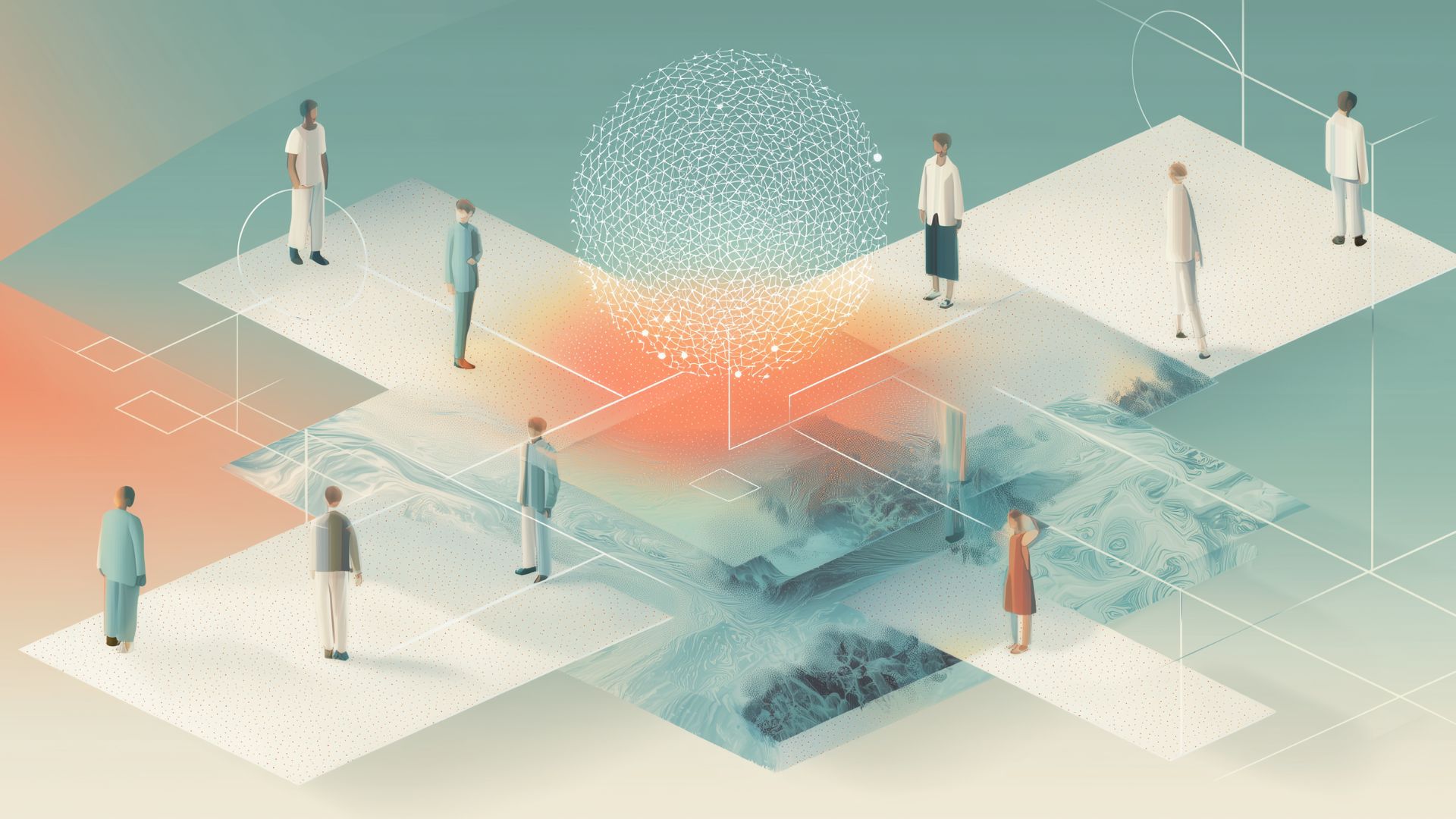The podcast features Zara Morghade, Senior Director of HR at Parker Digital, discussing the evolving landscape of work post-COVID. She highlights the shift to hybrid work models, the importance of maintaining organizational culture, the impact of AI on HR processes, and the necessity for leaders to blend data-driven insights with human intuition. Zara emphasizes the need for continuous learning and strategic integration of AI while preserving the human element in HR.
Highlights
Hybrid Work Revolution: Organizations are embracing flexible work models post-COVID.
Cultural Connections: Maintaining relationships is crucial in remote settings for productivity.
AI as an Assistant: AI tools enhance efficiency, enabling HR teams to focus on strategic tasks.
Skill Development: Organizations need to invest in employee career paths to retain talent.
Human Element in HR: Technology should enhance, not overshadow, the people-centric approach.
Continuous Learning: HR leaders must stay curious and adapt to technological changes.
Team Involvement: Engaging teams in AI integration fosters acceptance and comfort.
Key Insights
Shift to Hybrid Work:
The post-COVID era has permanently altered work dynamics, making flexibility essential. Organizations must adapt their policies to support employee preferences for a hybrid work environment, balancing in-office and remote work.
Impact on Organizational Culture:
While productivity has increased, personal connections within teams have diminished. Companies must prioritize initiatives that foster relationship-building to maintain a strong organizational culture.
Leveraging AI in HR:
AI tools streamline processes like recruitment and performance management. By automating repetitive tasks, HR professionals can devote more time to strategic initiatives, enhancing overall efficiency and employee engagement.
Talent Retention Strategies:
The younger workforce seeks career development opportunities. Organizations that invest in personalized development plans and clear career progression paths are more likely to retain talent in a competitive market.
Data-Driven Decision Making:
Leaders should utilize AI-generated insights while also relying on their intuition and understanding of employees. This blend ensures decisions resonate with the workforce and align with company culture.
Addressing Employee Concerns:
Fear of job displacement due to AI is prevalent. HR should communicate openly with employees, reassuring them that AI is a tool to enhance their roles, not replace them.
Strategic AI Integration: Successful AI implementation requires a clear strategy and team involvement. Leaders must assess where AI adds value, ensuring that tools are used effectively without compromising the human element in HR practices.











.jpg)







